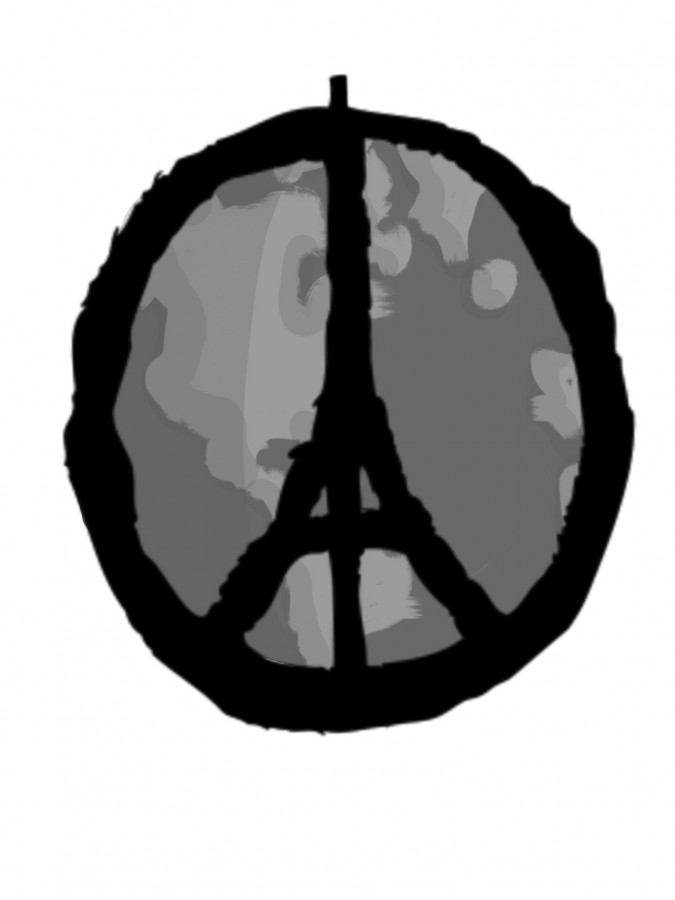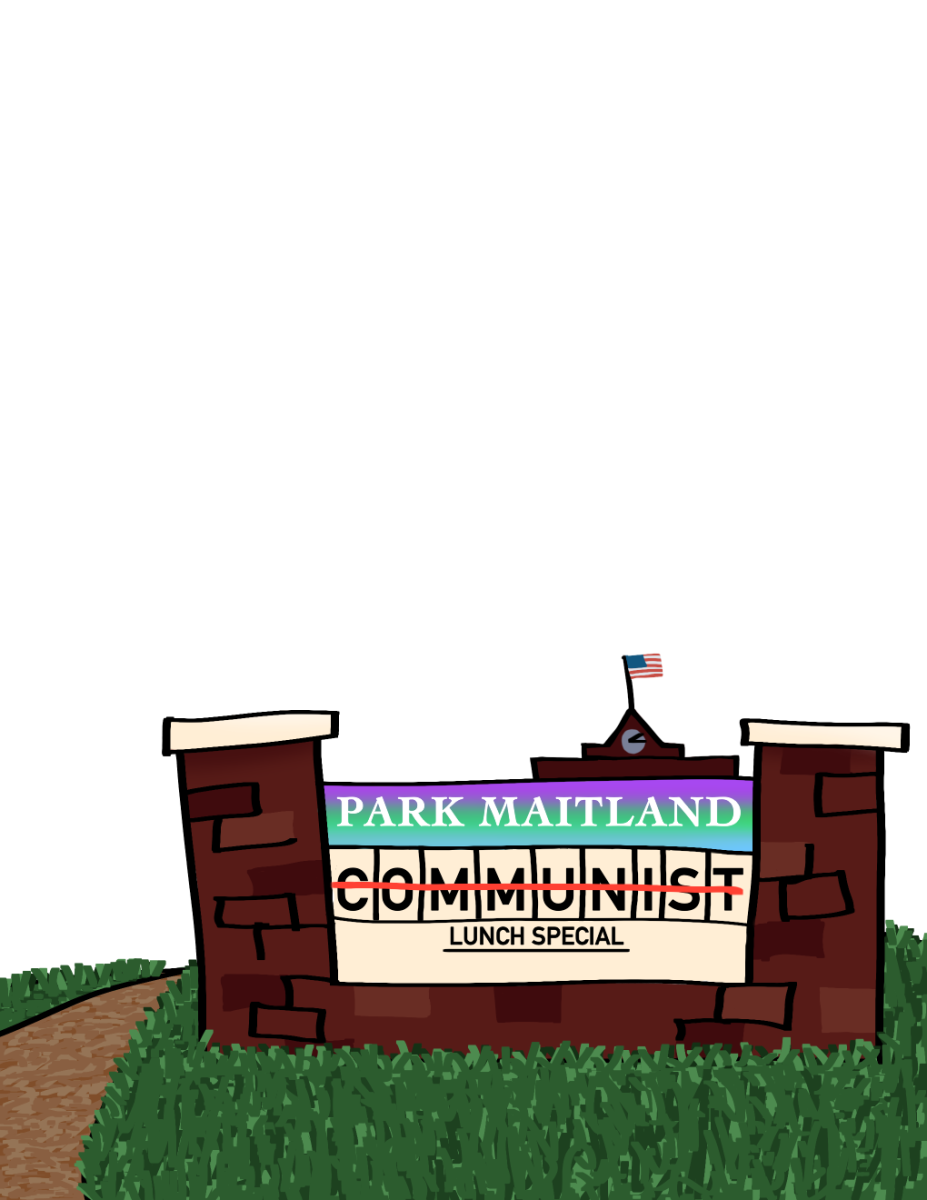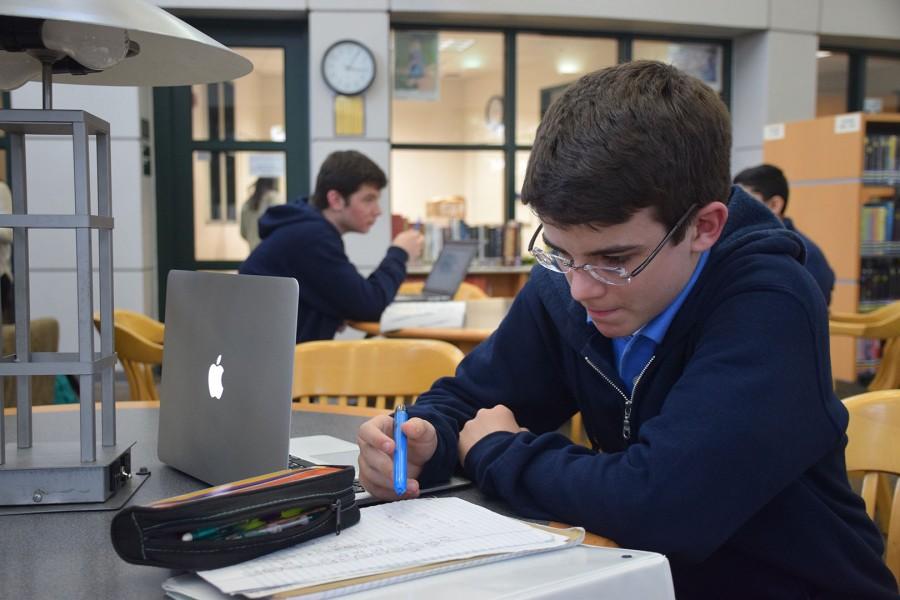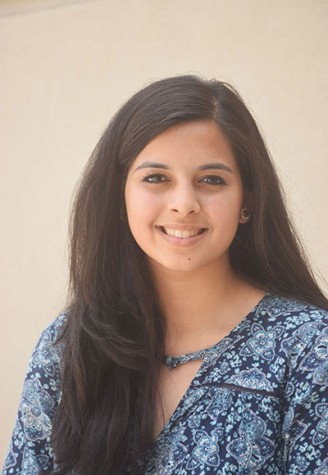The series of violent and coordinated attacks that rocked Paris Friday, November 13th brought a new meaning to shots “heard ‘round the world.” The international response was almost unfathomably swift and far-reaching, coming almost as quickly as the gunfire ended. Headlines dominated for a week and a half after the event and reporters from most major news networks travelled to Paris to report the events live, 24 hours a day. Social media lit up with widely-circulated footage of the event and the hashtags #prayforparis and #parisislife trended internationally. Millions superimposed the French flag over their Facebook profile pictures and participated in candlelight vigils for the victims. As one publication headlined, “Today, We Are All French.”
Comparable scenes of terror were seen all over the world in the week leading up to the Paris attacks. Bombings in Beirut killed upwards of 40 civilians. Shootings took place in Mount Hebron, and bomb-blasts in Baghdad. Even an attack earlier this year at a college in Kenya, which left 147 innocents dead, didn’t elicit even a fraction of the international grief that was felt in the wake of the Paris attacks.
Many were quick to criticize the disparity in coverage. Following the attack, The New York Times reported on the bewilderment in Lebanon in response to the fact that comparable attacks had occurred only a day earlier and did not ignite worldwide mourning. Likewise, Al Jazeera also reported about the ‘double-standard’ that exists between the Paris attack and other atrocities that have also recently occurred in the world. Additionally, Time Magazine debated the notion whether some terror attacks mean more than others in today’s world.
Haya Assi, a Palestinian *Seed, was hurt by the lack of empathy for those wounded in the attack.
“As Palestinians, we felt really sorry for the victims of the Paris attack,” she said. “We can relate to it on a different level, because we face such attacks daily–yet we are constantly ignored.”
The worldwide ignorance that results often stems from media coverage. The Paris attack received optimal attention—CNN’s entire news cast flew into Paris and covered the attack for more than a week; a myriad of news articles in notable publications (Washington Post, Foreign Policy, Huffington Post—to name a few) were published detailing the outbreak and touching on its poignancy.
Israeli-born senior Amos Epelman voices his thoughts regarding the discrepancies that exist within the media, “France is a very close ally with America… the media rarely, if at all, covered [similar attacks in non-Western countries], even though ISIS did those other attacks, too.”
With the media’s power to choose what topics to cover, many Americans rely upon it to receive their daily dose of information.
“For the majority of Americans, big media companies, [like] FOX and CNN [is] how they get their news,” Epelman said. “Some Americans turn on the news when they’re eating breakfast, and whatever’s there is there. For the most part, they’re only wanting to know what’s important [directly to them], not necessarily the rest of the world. If the media isn’t covering it, they’re not going to know about it.”
Although the media is indubitably largely responsible for both the displayal and perception of events, it is also partially our fault for being unaware of the cruelties that occur in our world. As global citizens, we also have the ability to show our solidarity for those affected through the effective tool of social media.
Due to the lack of media reception toward other comparable acts of terror, critics have subsequently called for a “Paris and” response—if you post for Paris, post for the suicide bombings in Beirut, for the shootings in Mount Hebron, for the blasts in Baghdad, for the Peshawar school massacre, for the refugees from the Syrian war, for the constant turmoil in Palestine and Israel, and for the April attack on a college in Kenya, too.
Nawal Fatima Rai, a Pakistani *Seed, was personally affected by the terror attacks on a school in Peshawar.
“Pakistan has always been my sanctum, but that day I realized that there were these little windows within [the country] that would leave me more injured and bruised than before, just like my uncle’s son in the Peshawar attack,” she said. “My heart breaks for every French today as much as it broke for every Pakistani in the Peshawar attack, however the overall response is unlike mine, and our loss wasn’t globally lamented.”
Although it is important to mourn for the losses in Paris and grasp its global significance, it is equally important to examine the reason why it received the level of worldwide attention that it did. Like America, Paris is considered a Western country with a sense of political stability that often resists internal chaos. Therefore, citizens all around the world alike were shocked at its outbreak and were moved by the losses of Parisian citizens—fueling the amount of support from the media that was acquired.
What happened that night in Paris was an unspeakable tragedy, and the international support elicited was certainly more than warranted. The world—with an exceptional outpouring of prayer, media visibility, and donations—made sure Paris would not face its grief alone. The victims from the other brutalities that have occurred in our world, from the Peshawar school massacre to the Beirut suicide bombing, deserve just as much of our empathy.
A *“Seed” refers to a participant of the Seeds of Peace summer program, whose aim is to empower youth from conflicted regions in both The Middle East and South Asia to break down historical/political barriers—working communally toward a better future.













